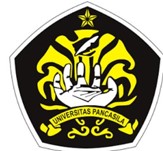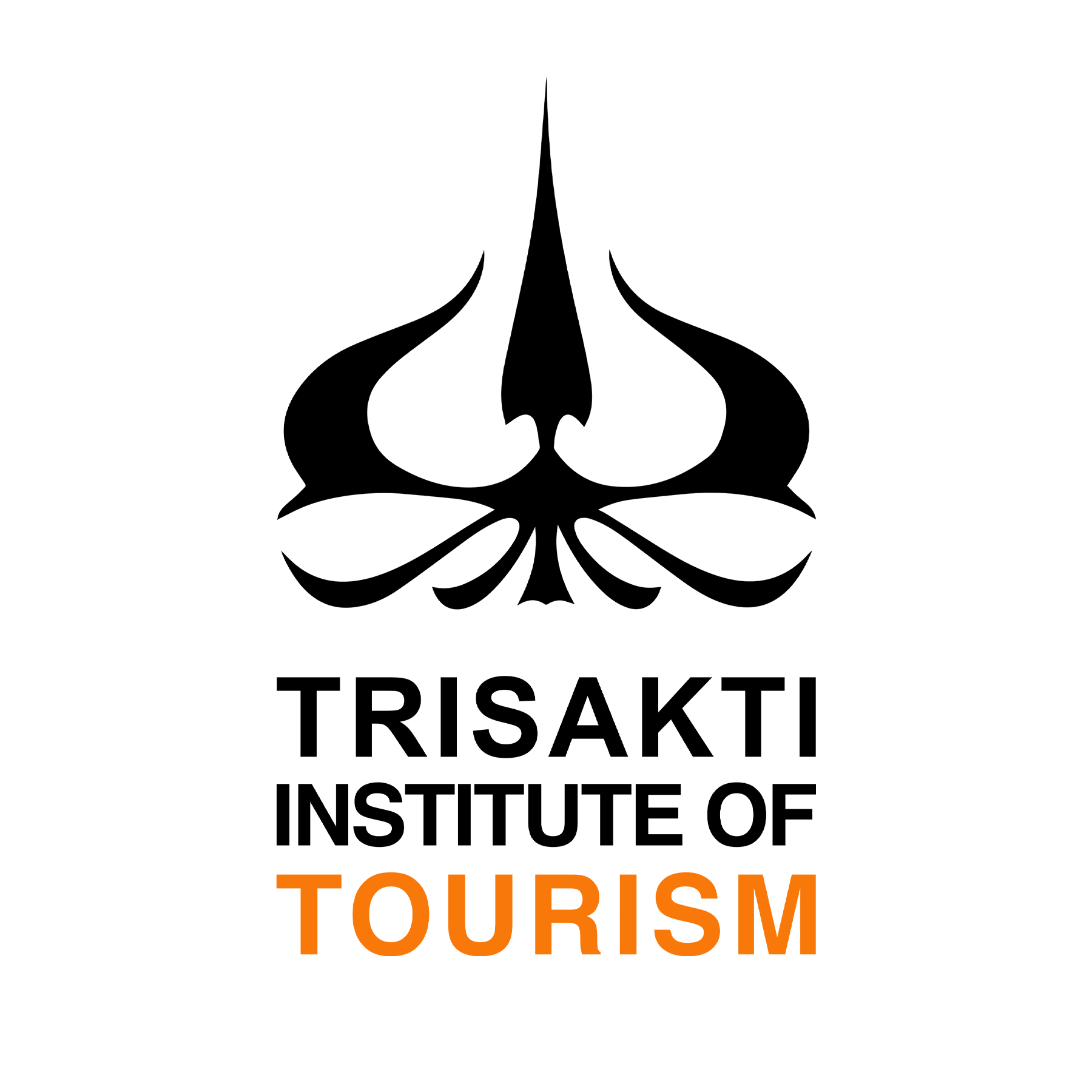THE REVITALIZATION OF TRADITIONAL AGRICULTURAL CULTURE OF RURAL HOMESTAY TOURISM IN CHINA
Abstract
Rural homestay tourism is indispensable part of rural tourism in China, which provide not only bed and breakfast, but also transportation, activities. During the integration of cultural heritage and tourism, the practitioners of rural homestays follow suit, which made the problems of similar activities and urbanization appear. With the qualitative research of literature review, some successful case studies of rural homestay tourism in different countries and areas were analyzed. Traditional agricultural culture was explored in the sustainable development in rural homestay tourism. As an agricultural country, traditional agricultural culture is part of China’s civilization. Traditional agricultural culture refers to the seasonal nature that the farmers follow to complete agricultural activities, which show the attitude and value of Chinese to nature and life. Owing to its own uniqueness, 24 solar terms, the representative of agricultural custom culture, were officially included in the Representative List of the Intangible Cultural Heritage of Humanity by UNESCO in 2016. Developing the authenticity of traditional agricultural culture with the help of information and communication technology (ICT), rural homestay tourism can also boost the revitalization of traditional agricultural culture and rural economy.
Full Text:
PDFReferences
Abdullah, A., Isa, N. M., Azmi, A., Wahab, M. F. A., Tahir, M. S., & Ishak, M. A. (2024). Enhancing Penang Homestay Experience Through Cross-Cultural Benchmarking from Japanese Homestay Hospitality. Revista de Gestão Social e Ambiental, 18(6), e04786-e04786.
Acharya, B. P., & Halpenny, E. A. (2013). Homestays as an Alternative Tourism Product for Sustainable Community Development: A Case Study of Women-Managed Tourism Product in Rural Nepal. Tourism Planning & Development, 10(4), 367–387. https://doi.org/10.1080/21568316.2013.779313
Bi, G., & Yang, Q. (2023). The spatial production of rural settlements as rural homestays in the context of rural revitalization: Evidence from a rural tourism experiment in a Chinese village. Land Use Policy,
, 106600. https://doi.org/10.1016/j.landusepol.2023.106600
Chakraborty, B. (2020). Homestay as a reliable promotional tool for Cultural Tourism and Security in Indian context. IJSSTH, (21), 5.
Damnet, A., Sangnak, D., & Poo-Udom, A. (2024). Thailand’s innovative agritourism in the post COVID-19
new normal: A new paradigm to achieve sustainable development goals. Research in Globalization, 8,
https://doi.org/10.1016/j.resglo.2023.100171
Demolingo, R. H. (2021). Homestay Development Strategies in Cibodas Village. International Journal of Social Science and Human Research, 04(03). https://doi.org/10.47191/ijsshr/v4-i3-27
Deng, T. (2020). Design and Exploration of Creative Agricultural Parent-child Tourism Project--Taking the Planning and Design of
Baisheng Homestay as An Example. International Journal of Social Science and Education Research, 3(1), 54-57.
Djati, S. P., Mustika, A., Habibie, F. H., & Nasution, D. Z. (2022). Homestay Management: Absorption of Local Culture at Homestay Services in the Ngaran II, Hamlet, Borobudur Area, Magelang. International Journal of Innovative Science and Research Technology, 7(7),2456-2165.Janjua, Z. U. A., Krishnapillai,
G., & Rahman, M. (2021a). A Systematic Literature Review of Rural Homestays and Sustainability in Tourism. SAGE Open, 11(2), 215824402110071. https://doi.org/10.1177/21582440211007117
Fan, B., & Li, J. (2022). Sustainable Development Path of Agriculture, Culture and Tourism Industry Under the Background of Rural Revitalization Strategy–Taking Jiangxi Province as an Example. In
Proceedings of the 3rd International Conference on Green Energy, Environment and Sustainable Development, 838-844.
Feng, S. (2022). Research on the Development Strategy of Heyuan City's Homestay Industry under the Background of Rural Revitalization.
Janjua, Z. U. A., Krishnapillai, G., & Rahman, M. (2021b). A Systematic Literature Review of Rural Homestays and Sustainability in Tourism. SAGE Open, 11(2), 215824402110071. https://doi.org/10.1177/21582440211007117
Genc, V., & Gulertekin Genc, S. (2023). The effect of perceived authenticity in cultural heritage sites on tourist satisfaction: the moderating role of aesthetic experience. Journal of Hospitality and Tourism Insights, 6(2), 530-548.
Inoue, K., & Iihoshi, A. (2024). Delineating Peasant-like and Community-based Entrepreneurial Modes of Rural Tourism: A Case Study of Takachihogo–Shiibayama, Japan. Special issue: Harnessing the Economic and Socio-cultural Opportunities of Rural and Farm Tourism, 2(6),14-26.
Ismail, N. A. B. (2020). A comparison of how two homestays (Kampong Beng Homestay and Gopeng
Homestay) safeguard traditional Malay food (TMF) as a means of promoting cultural-based food tourism in Perak, Malaysia (Doctoral dissertation, Newcastle University).
Ji, F., Wang, F., & Wu, B. (2023). How does virtual tourism involvement impact the social education effect of cultural heritage?
Journal of Destination Marketing & Management, 28, 100779. https://doi.org/10.1016/j.jdmm.2023.100779
Kasuma, J., Esmado, M., Yacob, Y., Kanyan, A., & Nahar, H. (2016). Tourist perception towards homestay businesses: Sabah experience. Journal of Scientific Research and Development, 3, 7–12.
Li, J., Peng, X., Liu, X., Tang, H., & Li, W. (2024). A study on shaping tourists’ conservational intentions towards cultural heritage in the digital era: exploring the effects of authenticity, cultural experience, and place attachment. Journal of Asian Architecture and Building Engineering, 1-20.
Liu, B. L. (2023). Research on the branding construction of homestays in rural tourism in Beijing under the background of rural revitalization strategy.
Muslim, H. F. M., Numata, S., & Yahya, N. A. (2017). Development of Malaysian homestay tourism: a review. 観光科学研究, (10), 65-74.
Prithvi Raj Sanyal, Sunita Kumari, & Dr. Gulnaz Siddiqui. (2023). Homestay Tourism and Sustainable Development in the Indian Himalayan Region: Prospects & Challenges. Management Journal for
Advanced Research, 3(5), 22–29. https://doi.org/10.54741/mjar.3.5.3
Regmi, S., Neupane, A., Neupane, R., & Pokharel, A. (2023). POTENTIALITY OF COMMUNITY-BASED TOURISM HOMESTAY FOR SUSTAINABLE LIVELIHOOD IN NEPAL: A REVIEW. Economic
Growth and Environment Sustainability, 2(1), 01–04. https://doi.org/10.26480/egnes.01.2023.01.04
Singh, R., Sajnani, M., & Gupta, P. (2021). Rural homestays reviving culture and traditions: A study analysing expectation and satisfaction of homestay’s guests. Linguistics and Culture Review, 5(S1),
–1435. https://doi.org/10.21744/lingcure.v5nS1.1730
Simeng, W. E. I., & Dongsheng, L. I. A. O. (2023). Research on the Rural Revitalization Pathof Homestay Operation Based on Symbiosis. Journal of Agriculture, 13(11), 95.
Sun, Y. (2020). Eco-agricultural economic development strategy based on improving the eco-cultural tourism environment in rural areas along the coast. Journal of Coastal Research, 104(SI), 648-651.
Takaendengan, M. E., Avenzora, R., Darusman, D., & Kusmana, C. (2022). Similiarity Check: Socio-Cultural Factors on the Establishment and Development of Communal Homestay in Eco-Rural Tourism. Jurnal Manajemen Hutan Tropika, 28(2).
Yasami, M., Bin Awang, K. W., Faculty of Economic and Management, university Putra Malaysia, Kuala Lumpur, Malaysia, Teoh, K., & Faculty of Economic and Management, university Putra Malaysia
Kuala Lumpur, Malaysia. (2017). HOMESTAY TOURISM: FROM THE DISTANT PAST UP TOPRESENT. PEOPLE: International Journal of Social Sciences, 3(2), 1251–1268 https://doi.org/10.20319/pijss.2017.32.1251126
DOI: http://dx.doi.org/10.30813/glost.v0i0.5758














.jpg)


1.png)
.png)